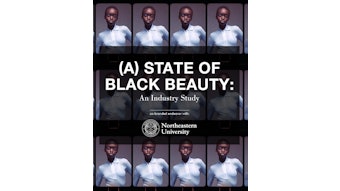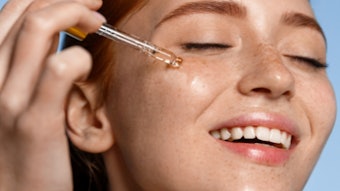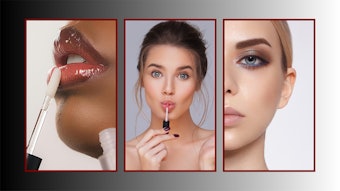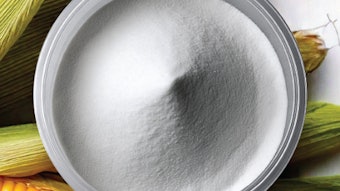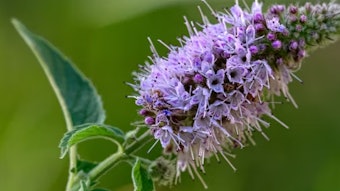Thought leaders in sustainability will be discussing practical initiatives for the beauty industry at the upcoming Sustainable Cosmetics Summit. Taking place in Paris, Oct. 18–20, 2010, the summit (according to organizers) is the first of its kind that focuses on various methods to reduce the environmental and social impacts of beauty products.
With research showing that the highest environmental footprint is from packaging and ingredients, the summit devotes two sessions and workshops to these key areas. The Green Formulations session aims to tackle some of the leading ingredient and technical issues, while the Sustainable Packaging session looks at various methods to reduce the packaging impact.
Rainer Plum, founder of Tautropfen and New Ethics Institute, will highlight positive case studies of corporate ethics in the beauty industry. Rik Kutsch Lojenga from the Union for Ethical BioTrade will reveal its latest biodiversity barometer research, while Beraca will show how ethical sourcing can have a positive impact on social communities and the environment. The Brazilian company has won several awards for encouraging sustainable development in the Amazon basin. Other papers look at common methods to offset carbon emissions and how beauty companies can become carbon neutral.
The potential of organic fragrances is explored by CPL Aromas, which has successfully managed to develop and market certified fragrances. David Reccole, founder of NatureCos and Couleur Caramel, will go through the technical hurdles in obtaining organic certification for color cosmetics. The company has shown rapid growth to become the largest natural color cosmetics firm in Europe, operating several organic makeup cafés in Paris.
Slowing market growth rates and rising competition are bringing marketing to the forefront in the natural beauty. The third session of the summit discusses marketing and distribution innovations, giving case studies of companies who are successfully meeting the ethical and ecological challenges. Organic Monitor kicks off the session with an update of the European natural and organic beauty market, highlighting the major market and competitive developments. Details are given of emerging distribution strategies, such as investing in concept stores and e-tailing.
Ido Leffler, co-founder of Yes To Carrots, will discuss the challenges and pitfalls of expanding distribution. Since its launch in 2007, Yes To Carrots has expanded distribution to over 25,000 outlets. Leffler will outline how his company has overcome major obstacles to successfully compete with mass market brands. A leading European retailer will share its experiences with natural beauty and outline its sustainability initiatives. Other papers look at the growth in e-tailing, social media and consumer insights.
The final session is devoted to Sustainable Packaging. The session opens by giving a broad overview of the various ways beauty companies can reduce their packaging footprint. The potential of biopolymers in beauty packaging applications is explored by Mirel Bioplastics, while a leading packaging firm looks at novel uses of recycled packaging in beauty products. Other papers cover eco-packaging designs, reusable packaging and novel applications. Aveda's John Delfausse from will share some of the company’s pioneering packaging initiatives.
Organized by Organic Monitor, the aim of the Sustainable Cosmetics Summit is to encourage sustainability in the beauty industry by bringing together key stakeholders and debate key industry issues in a high-level forum.


